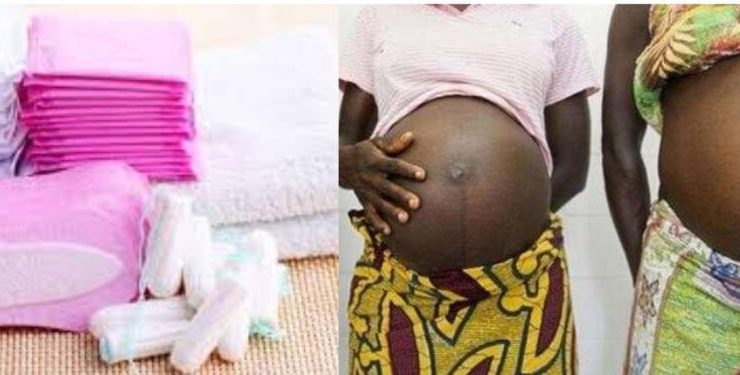Sex for sanitary pads barter trades in the North – National Population Council
- Posted on
- Comment

The PRO for the National Population Council, Solace Esi Amankwah, agonized the new barter trade system of sex in exchange for sanitary pads in some parts of the Northern Region.
Solace Esi Amankwaah said this in an interview with Berla Mundi on the TV3 NewDay morning promoting Adolescent Reproductive health (ARP). According to her, sanitary pads for sex has become the new norm in some parts of the northern region. She said, “In the North, for instance, people use sanitary pads to lure girls into sex. And it is causing a lot of problems.”
She lamented about the inadequate funds from the government to help support the communities with enough health centres with adequate materials to aid the girl child during the adolescent stage. She also urged political candidates for various constituencies should prioritize Adolescent Reproductive Health in their manifesto.
‘If our government officials will come on board and the MP will come and promise dams and hospitals and all the tangible things. And the MP will say that this community have the highest rate of teenage pregnancy, in my manifesto, I will build a health centre purposely for information and knowledge seeking and have training on reproductive health by the 4-year time it would have reduced, she added.
Speaking on the increased rate of teenage pregnancy, the PRO of the National Population Council said that the unavailability of the right personnel and information is a big problem for the adolescent child. She explains that the girl child is prone to ask ignorant persons about the sexual reproductive health which, makes them easy prey for unwanted teenage pregnancy.
‘if the girl child has sought information, and the right information is available, and she has had that, the girl will not become pregnant. The absence of the right information is the problem for most girls. Because when they get to the adolescent stage, and their physical body begins to transform, they seek information about what is happening. and then they get people to misinform them then they will end up doing the right thing at the right time’, she stated
According to the Advocate, the health centres also contribute to the stereotype of teenage pregnancy and indirectly drives the adolescent from seeking knowledge on reproductive health. She recounts poor services, which she has experienced in a big hospital. She encouraged all health workers to be motherly to teenage girls who find themselves in such situations.
‘Our health centres should be friendly. I went to this health facility in Ghana here, and they brought a girl on a stretcher bleeding. They directly questioned her in her difficult moment rather than taking care of her. I asked the nurse that she take care of her and afterwards educate her on matters of abortion.
By Aaliyah Duvi-Rony










 (Selorm) |
(Selorm) |  (Nana Kwesi)
(Nana Kwesi)